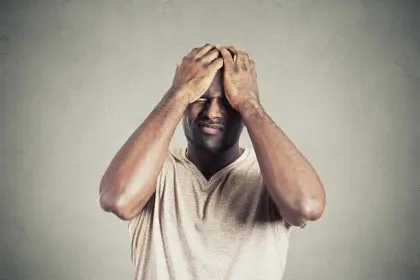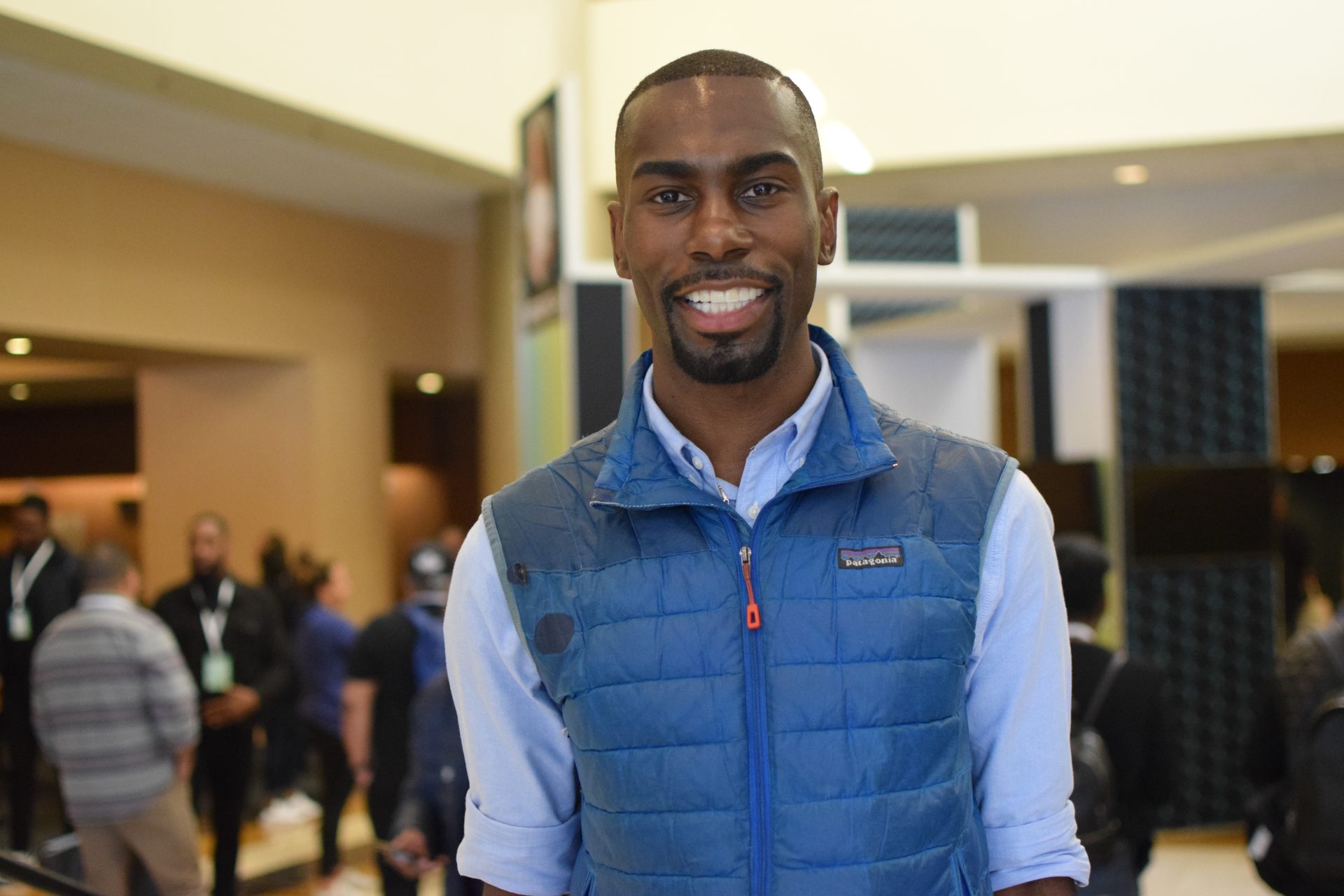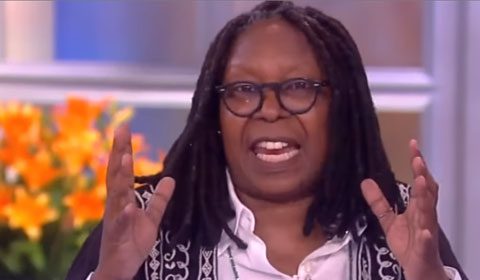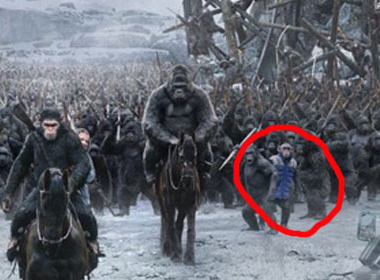
If you are wearing sandals and a lady wearing 4-inch stilettos steps on your foot, your reaction would likely be to yell out in pain.
If somebody is frustrated or stressed at work, they might throw a pen across the room, knock over a stack of papers or slam a door.
If a baseball team wins a big game or a hockey team loses a big game, White people might riot.
Right? Right.
So, when I see somebody yell out, throw a pen across the room or riot, I deduce that something or someone caused this reaction.
This is what is happening in Baltimore. This uprising is the effect of a powerful and long-standing cause. This uprising had a catalyst. There is a reason. And the why is so important.
Yet so many ignore the cause and blame the effect.
It’s so shallow for media, for your Facebook friends, for people on Twitter to cry out, “but they’re rioting! Thugs! Animals! Look at them looting at CVS!” And, of course, we have our “new Black” Black friends who remind us over and over again that they don’t condone rioting. That it doesn’t help anything.
I don’t necessarily condone it, either. But, as my new best friend in my head, DeRay McKesson told Wolf Blitzer, “I don’t have to condone it to understand it.” That’s called empathy. And it’s not an excuse, but it is a reason. When a system continues to push people into a corner with systemic racism, with recurring police brutality, with poverty, with marginalization, eventually, there will be a straw that breaks the camel’s back.
This straw was the severed spine, leading to the death of Freddie Gray at the hands of six Baltimore police officers.
Many are calling for peace. Without a doubt, I want peace, too. But even more than that, I want justice. I want police to be held accountable. I want and equality and resources and access for the people of Baltimore, Ferguson, Chicago, L.A., Detroit and every other U.S. city where people of color are still marginalized. –chevonne r. c. nash















